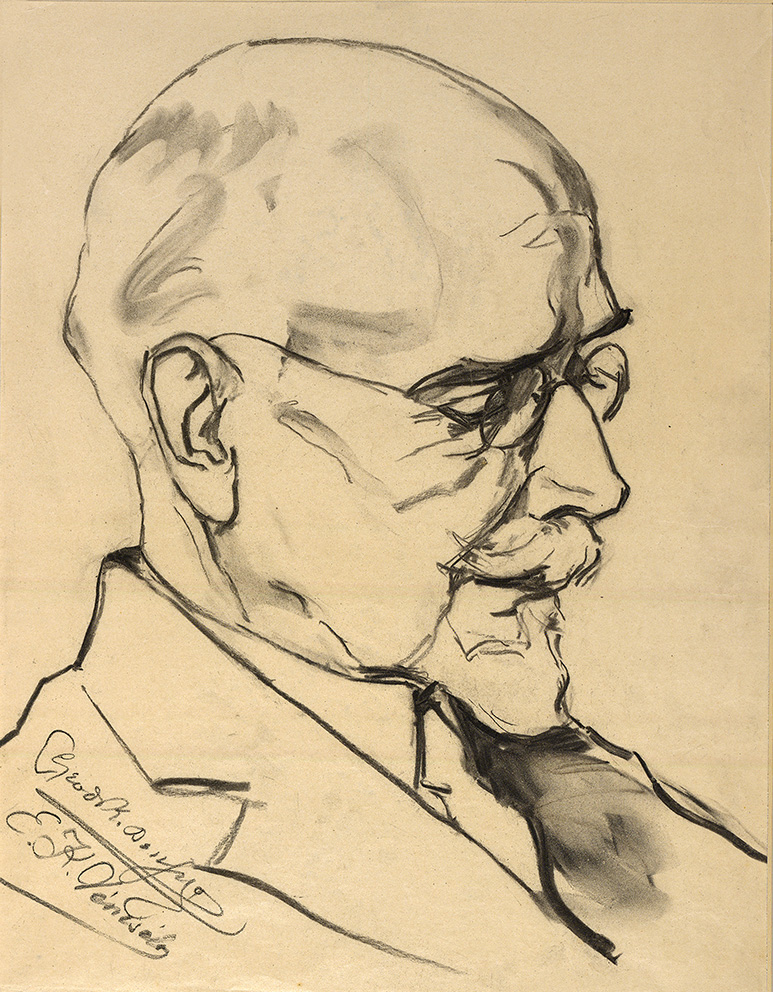Eleftherios Venizelos
Eleftherios Venizelos: the diplomat & the revolutionary• visions and actions
 Eleftherios Venizelos distinguished himself as a politician during the 1897 Revolution.
Eleftherios Venizelos distinguished himself as a politician during the 1897 Revolution.
 Eleftherios Venizelos distinguished himself as a politician during the 1897 Revolution.
Eleftherios Venizelos distinguished himself as a politician during the 1897 Revolution.
After the Asia Minor disaster the new government established in Athens asked Eleftherios Venizelos to assume leadership in the peace negotiations undertaken with Turkey in Lausanne, Switzerland. The Greek leader signed an honorable peace treaty, in July 1923, which set the final borders of Turkey with Greece and laid the foundations of the Greek-Turkish friendship.
With no institutional way to oppose the Commissioner of Crete, Prince George, Eleftherios Venizelos resorted to the revolution of Therisso, in March 1905, which led to the replacement of the Prince. The new regime adopted a new liberal Constitution leading the island, through several adventures, towards its Union with Greece.
Greece at the dawn of the Balkan Wars entered a new era of huge changes with a new, charismatic Prime Minister. With the Treaty of Bucharest (August 10, 1913), Greece almost doubled its territory and increased its population by 80%.
Venizelos was introduced as a leading political figure in Crete during the Revolution of 1897. Since the first days of the Cretan State he helped the development of its institutions and Constitution, as Minister of Justice, revolutionary and political leader and the most valid interlocutor with the Consuls of the Powers.
Resistance in Greece and anti-dictatorship action abroad
Human rights and civil liberties
Violations of fundamental human rights and civil liberties constituted a common practice of the regime of April 21st. Spying on citizens, arrests and tortures, trials before extraordinary court-martials and crippling prison sentences, as well as deportations in camps of political prisoners were used as restraints of counteractions.
Propaganda was a key priority of the dictatorship, aiming at highlighting the “achievements” of the regime and slandering every type of anti-dictatorship action.
A systematic effort to impose on the Greek society the regime’s ideology, rooted in notions of nationalism and anti-communism, was attempted through events, lectures and fore mostly the power of the media.
The basic elements of Modernism, as had already been expressed by the 19th century, promoted the recognition of individual liberties and the organization of society within the framework of a representative democracy. Faith in the possibility of the continuous progress of society was shattered throughout the world by the horrors of two world wars and the ascendance of totalitarianism in the first half of the 20th century.